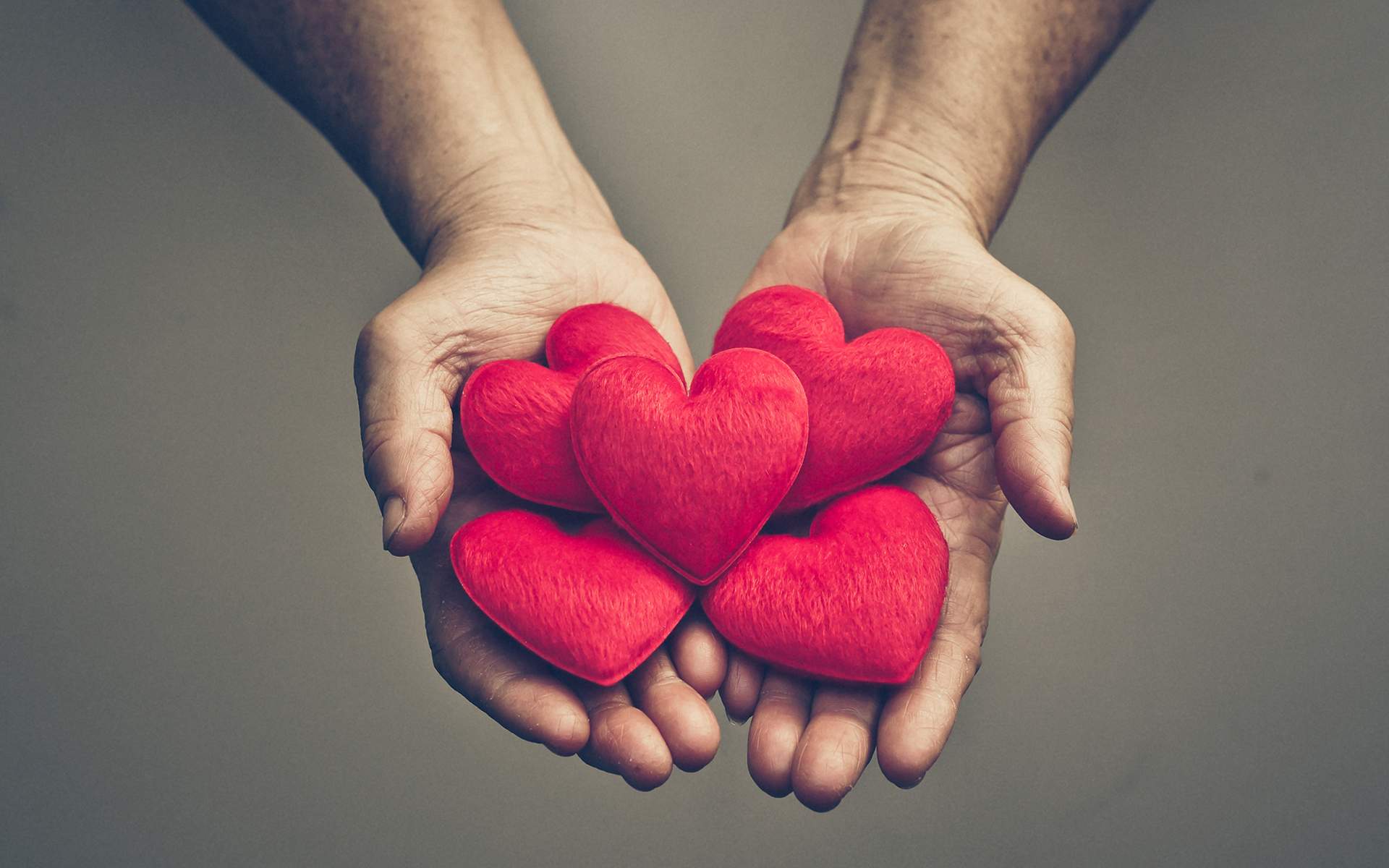
Boost Compassion & Courage in 15 Minutes
Discover how a simple 15-minute self-affirmation exercise can increase compassion, reduce schadenfreude, and boost courage. Science-backed results!
Discover the neuroscience behind gratitude and altruism. Learn how gratitude journaling boosts generosity and activates brain reward centers.

Gratitude is often framed as a self-help tool for personal happiness. Research confirms grateful people experience:
But gratitude's true power lies beyond personal benefits—it's fundamentally a moral emotion that drives reciprocity and altruistic behavior.
Historically, philosophers like Cicero viewed gratitude as:
Modern psychology shows gratitude acts as:
MRI Studies Reveal:
Gratitude Journaling Experiment:
Try this science-backed gratitude practice:
Gratitude isn't just about feeling good—it physically rewires your brain to:
By practicing gratitude, we don't just improve our own lives—we become forces for good in our communities.

Discover how a simple 15-minute self-affirmation exercise can increase compassion, reduce schadenfreude, and boost courage. Science-backed results!

Explore Ohio's forgotten towns and scenic backroads while learning mindfulness lessons from unexpected detours. A travel reflection on seeing beyond the highway.

Learn a simple 3-step mindfulness technique to unhijack your attention, reduce stress, and improve present-moment awareness in just 2 minutes.